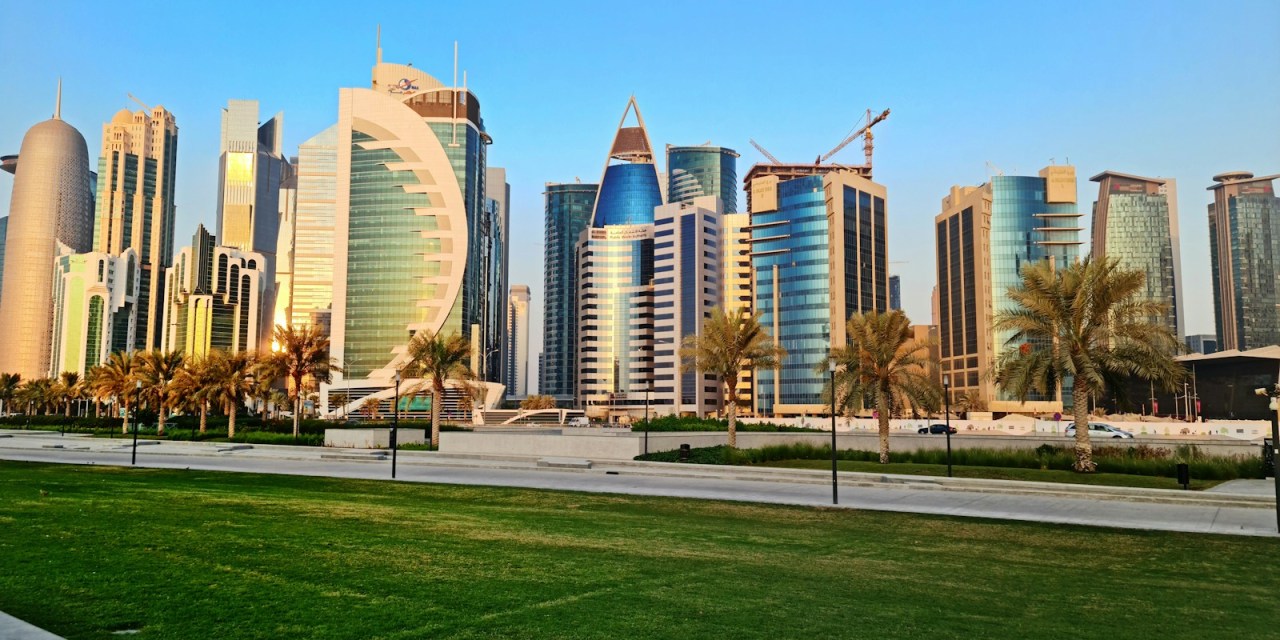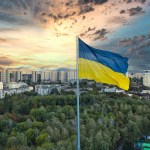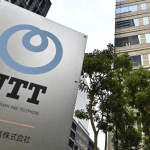News
The partnership is Nvidia’s first large-scale entry to the Middle Eastern market
Nvidia and Ooredoo have partnered in a deal to deploy “thousands” of Nvidia’s GPUs (graphic processing units) in 26 data centres in five countries (Qatar, Kuwait, Oman, Algeria, Tunisia, and the Maldives).
The value of the deal has not been disclosed, but it marks Nvidia’s first large-scale entry into the Middle East.
The Qatari operator has become an Nvidia Cloud Partner, meaning that is “developing an AI-ready platform powered by NVIDIA’s full-stack innovation across systems, software, and services.” It also means that Ooredoo will be the first company in the MENA region whose clients will have access Nvidia’s AI and graphics processing technology, said the companies.
“Implementing NVIDIA’s full-stack platform for accelerated computing and generative AI, Ooredoo is equipped to be at the forefront of the AI revolution in MENA, driving digitalisation and innovation as the leading digital infrastructure provider in the region. Working with NVIDIA, we aim to meet the significantly growing demand for accelerated computing infrastructure to support advanced AI models,” said Aziz Aluthman Fakhroo, Group CEO at Ooredoo in the announcement’s press release.
“As a trusted regional telecommunications provider, Ooredoo Group combines deep enterprise and consumer relationships with the ability to invest in and deploy AI infrastructure and services,” Ronnie Vasishta, Senior Vice President of Telecom, NVIDIA.
“By providing NVIDIA’s full-stack AI computing platform to customers, Ooredoo will help make it easier for their customers to deploy generative AI applications and services,” he continued.
Recently, The US has imposed restrictions on the sale of advanced semiconductors to certain Middle Eastern nations, motivated by concerns that these high-tech chips could end up in the hands of China. These chips, which are critical for advanced computing and military applications, have become a focal point in the technological and geopolitical rivalry between the US and China.
This deal, however, is compliant with the latest US impositions. It is A100 and H100 chips that are the focus of the restrictions, not GPUs.
“As a telecom operator, dealing with very stringent regulation is business as usual. We are used to dealing with regulators and government authorities, whether they’re local or international,” said Fakhroo when speaking to CNBC.
“We are working very closely with the different regulators and with Nvidia to see all the required approvals and to provide all the guarantees required,” he continued.
Keep up to date with the latest international telecoms news by subscribing to the Total Telecom daily newsletter
Also in the news:
Telefónica and Nokia sign agreement to boost adoption of network APIs
Orange mulls selling its stake in Mauritius Telecom
Ericsson Mobility Report: 5G driving change in service providers’ FWA strategies
















